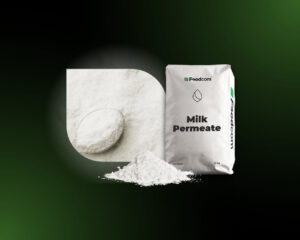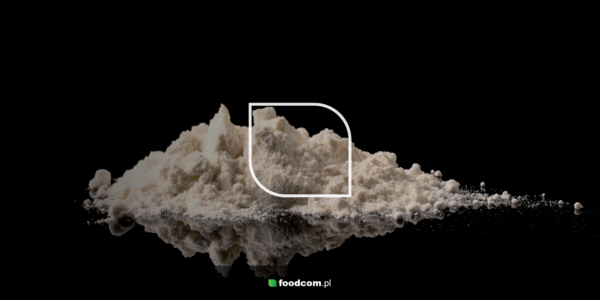- A new project to produce bioethanol from milk permeate has been set up at the initiative of the dairy unions with the support of the state government.
- The project is worth $41 million.
- This way of processing permeate not only allows for the efficient management of dairy industry waste, but also reduces the carbon footprint.
- The initiative demonstrates the dairy community’s commitment to pursuing clean energy and reducing carbon emissions
New bioethanol plant to be built in Michigan
Construction of a $41m ethanol plant has begun in Constantine, Michigan. The project is a collaboration between the MMPA (Michigan Milk Producers Association) and Canadian Dairy Distillery. The $2.5m will be funded by the Michigan Strategic Fund, highlighting the state’s commitment to promoting clean energy initiatives. The new plant will convert milk permeate into ethanol fuel starting in 2025. The goal is to convert 14,000 tonnes of permeate into 2.2 million gallons of ethanol per year, which is expected to reduce carbon emissions by 14,500 tonnes per year. This represents 5% of the carbon footprint associated with the region’s dairy industry.
The main objective of the initiative is to strive to reduce the carbon footprint and commit to clean energy production. The production of bioethanol from permeate not only allows for the efficient management of waste from the dairy industry, but also adds value to the milk produced by cattle farmers and demonstrates progress in creating more environmentally friendly solutions in the dairy sector.
What is milk permeate and how is it used?
Milk permeate is a by-product derived from milk, known as post-filtration leachate. It is produced during the production of milk protein concentrates in the process of ultrafiltration of whey. The dried permeate contains a lot of nutritional value and has excellent filling and flavour-enhancing properties, so it is used for milk standardisation and as an additive for confectionery or animal feed. Due to the large volumes of permeate generated in dairy processes, there is a need for more efficient methods of permeate utilisation.
Biotechnological processes come to the rescue here. Permeate is sometimes used to produce biodegradable plastics and foams, but the greatest hopes lie in the production of fuels from permeate in the form of ethyl alcohol and biogas (methane). The permeate is subjected to successive processes of continuous fermentation using yeast strains capable of breaking down lactose into ethanol. Appropriate control of the biotechnological process makes it possible to achieve ethanol with high productivity.








